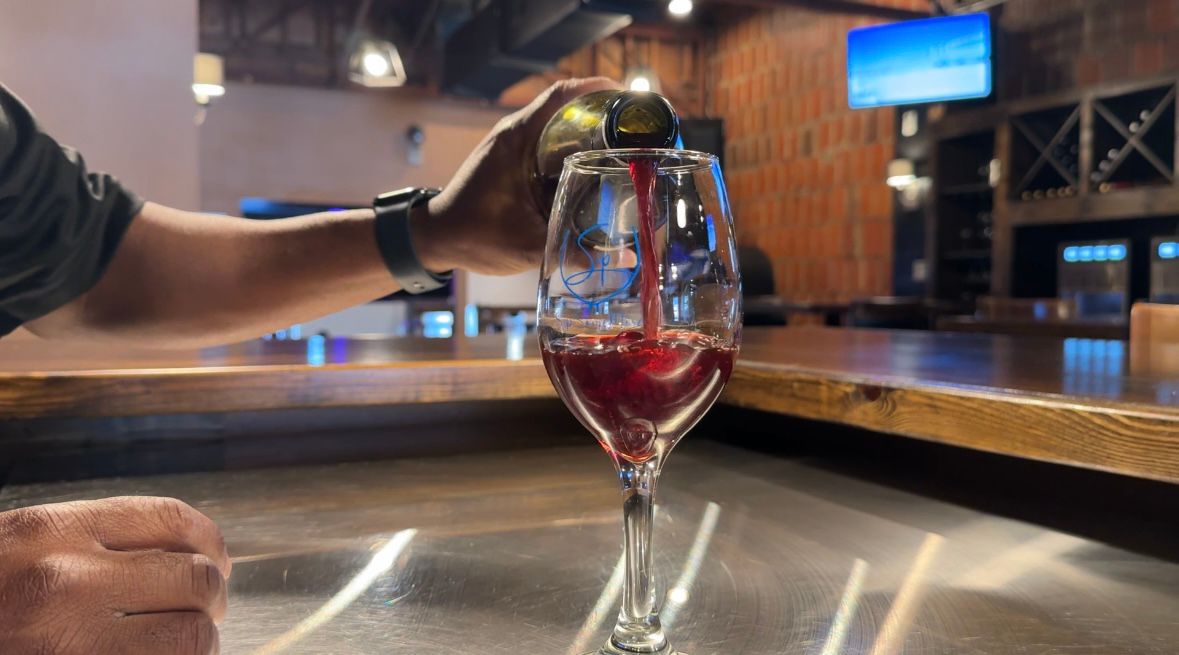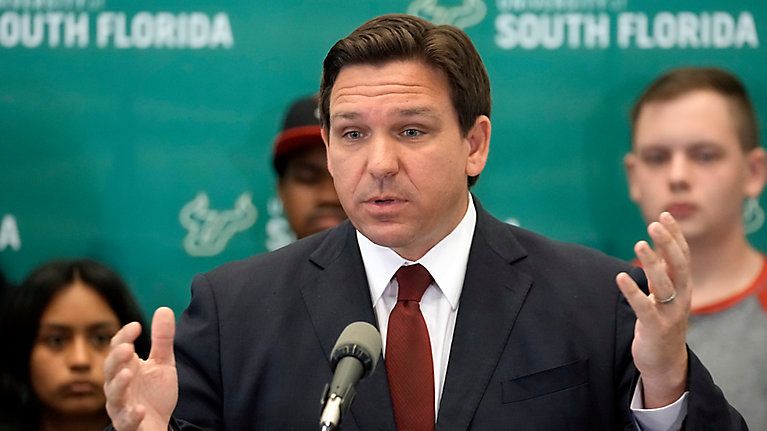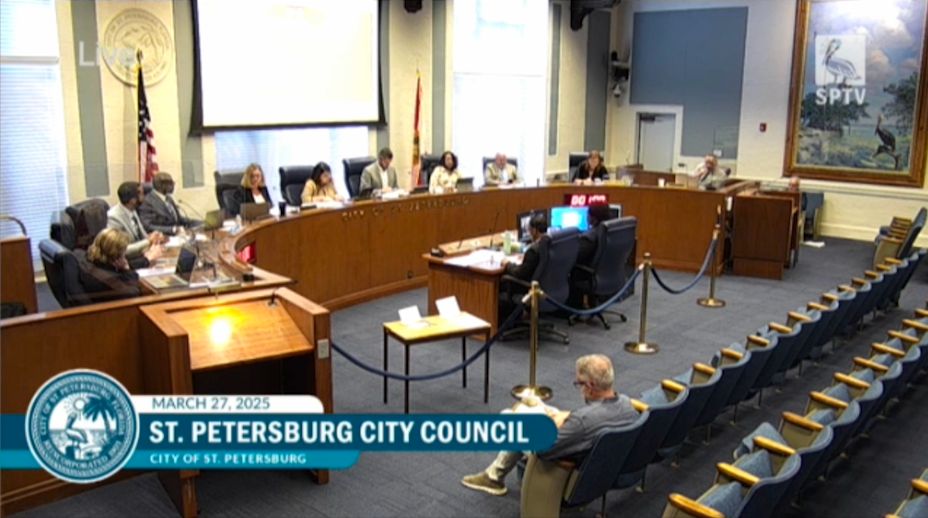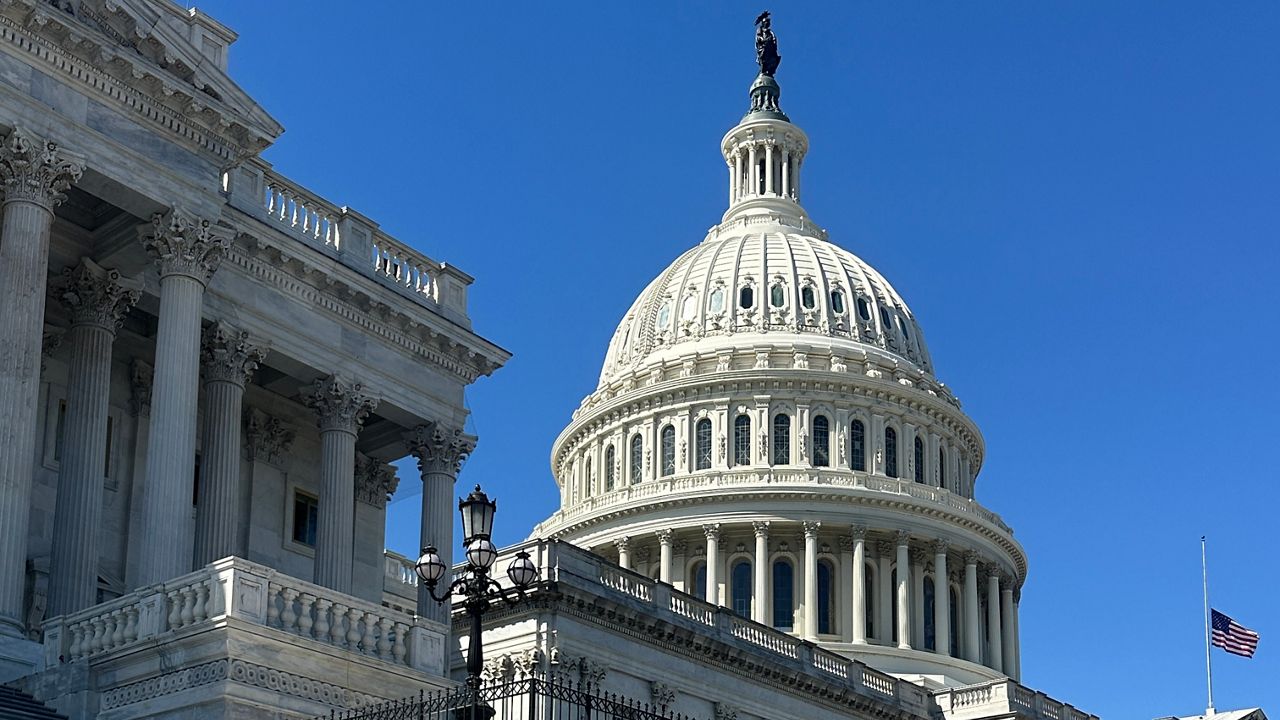TAMPA, Fla. – Mattie Velasco has a lot going on. The Tampa native currently serves as the Client Care Coordinator at the River Oaks Treatment Center in Riverview, where she works with clients from intake to discharge while concurrently pursuing a degree in human services with a concentration in addiction studies at St. Petersburg College.
It’s all part of her goal to work as a counselor helping others with substance abuse issues, but she’s stymied from advancing because of her involvement in the criminal justice system due to addiction issues with opioids in her past. She’s been in recovery and clean and sober, going on nearly four years.
She will get that chance if St. Petersburg Democratic state Sen. Darryl Rouson’s “peer specialist” legislation (SB 22) makes it through the Florida Legislature this session. The bill has already passed unanimously in the Senate (37-0) earlier this month and is scheduled to go before the House this week. The bipartisan measure is being co-sponsored in the House by Volusia County Republican Elizabeth Fentterhoff and Tampa Democrat Dianne Hart.
Velasco began working in the mental health and substance abuse field over two years ago, but remains ineligible to get credentialed because of her criminal history related to her own substance abuse.
“The peer specialist bill helps people like myself get into the field, to build those working relationships and establish the reputation in the field – to gain experience – which is very valuable,” she says.
Velasco learned early that the fines and fees that she had accrued because of her criminal history had amounted to more than $6,000 and were an automatic barrier to getting her credentials. She then served as her own attorney and filed a motion to have the court allow her to convert those legal financial obligations into community service hours, which resulted in over 600 hours. But, she’s still waiting for the court to approve her work.
“It’s definitely a commitment that not everyone has the sense of agency or perseverance (or) the resources,” she says.
Will Atkinson is Executive Director with Recovery Epicenter. Like Velasco, he had issues with substance use disorder. But unlike her, he was never arrested for his actions.
“I was lucky,” he says. “A lot of people weren’t as lucky as I was, and even though they have experiences that can help others, they’re denied the opportunity to be part of this field because they can’t pass a Level 2 background screening in a way that I can.”
Velasco says the treatment that she received while in recovery saved her life, and she wants to be able to use her experience to help others.
“I believe that we are resilient and adaptable and highly capable people who just need help and tools,” she says.









